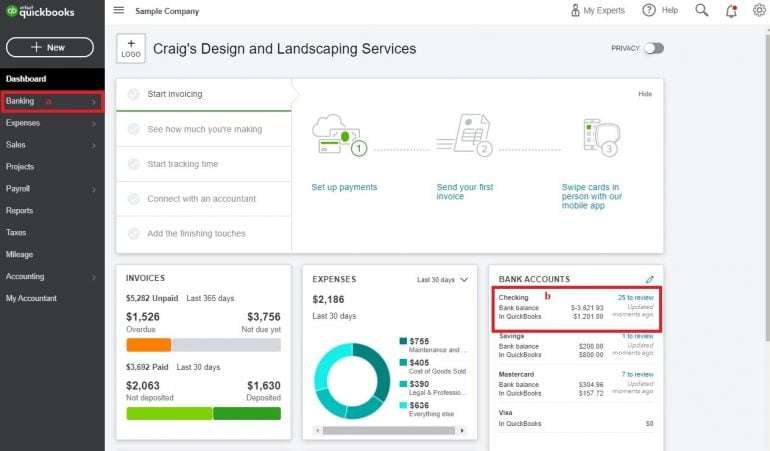Indemnity insurance stands as a crucial safeguard in a world fraught with potential liabilities and unforeseen circumstances. It’s a specialized form of insurance designed to protect professionals and businesses from financial losses arising from claims of negligence‚ errors‚ or omissions in their services. Unlike other insurance types that cover property damage or bodily injury‚ indemnity insurance‚ sometimes referred to as professional liability insurance‚ focuses on covering the financial fallout of professional missteps. This coverage can extend to legal defense costs‚ settlement fees‚ and judgments awarded against the insured‚ making it an indispensable tool for mitigating risk and ensuring business continuity. Understanding the nuances of indemnity insurance is essential for anyone offering professional services or running a business where errors could lead to significant financial repercussions.
Understanding the Mechanics of Indemnity Insurance
At its core‚ indemnity insurance functions by transferring the financial burden of potential professional errors from the insured to the insurance provider. When a claim is filed against the insured‚ the insurance company steps in to investigate the claim and‚ if valid‚ provide financial compensation up to the policy’s limits. This compensation can cover a wide range of expenses‚ including:
- Legal defense costs: Attorney fees‚ court costs‚ and other expenses associated with defending against the claim.
- Settlement fees: Amounts paid to the claimant to resolve the dispute out of court.
- Judgments: Amounts awarded to the claimant by a court of law.
The specific terms and conditions of an indemnity insurance policy will vary depending on the insurance provider‚ the type of profession being insured‚ and the level of coverage selected; It’s crucial to carefully review the policy to understand what is covered‚ what is excluded‚ and the policy’s limits.
Who Needs Indemnity Insurance?
The need for indemnity insurance is not limited to a single profession or industry. Rather‚ it’s essential for anyone who provides professional advice‚ services‚ or expertise to clients or customers. Some common examples of professionals who often require indemnity insurance include:
- Healthcare Professionals: Doctors‚ nurses‚ dentists‚ and other healthcare providers face a high risk of malpractice claims.
- Legal Professionals: Lawyers and paralegals are vulnerable to claims of legal malpractice.
- Financial Professionals: Accountants‚ financial advisors‚ and insurance brokers can be sued for providing inaccurate or negligent financial advice.
- Construction Professionals: Architects‚ engineers‚ and contractors can be held liable for design flaws or construction errors.
- IT Professionals: Software developers‚ system administrators‚ and cybersecurity experts can face claims related to data breaches or software malfunctions.
Factors to Consider When Choosing a Policy
Selecting the right indemnity insurance policy requires careful consideration of several factors‚ including:
- Coverage Limits: Choose a policy with coverage limits that are sufficient to cover potential claims.
- Policy Exclusions: Understand what is not covered by the policy.
- Claims-Made vs. Occurrence Policies: Claims-made policies cover claims that are filed during the policy period‚ while occurrence policies cover claims that arise from incidents that occurred during the policy period‚ regardless of when the claim is filed.
- Reputation of the Insurance Provider: Select an insurance provider with a strong reputation for handling claims fairly and efficiently.
The Importance of Proactive Risk Management
While indemnity insurance provides crucial financial protection‚ it’s equally important to implement proactive risk management strategies to minimize the likelihood of claims. This can include:
- Providing clear and accurate advice.
- Documenting all communication and decisions.
- Staying up-to-date on industry standards and best practices.
- Implementing quality control measures.
By combining robust indemnity insurance coverage with proactive risk management‚ professionals and businesses can effectively protect themselves from the financial consequences of potential errors and omissions. It is important to note that understanding the nuances of an indemnity insurance policy is crucial for both individuals and businesses alike‚ allowing them to navigate the complexities of their respective fields with confidence and security.

